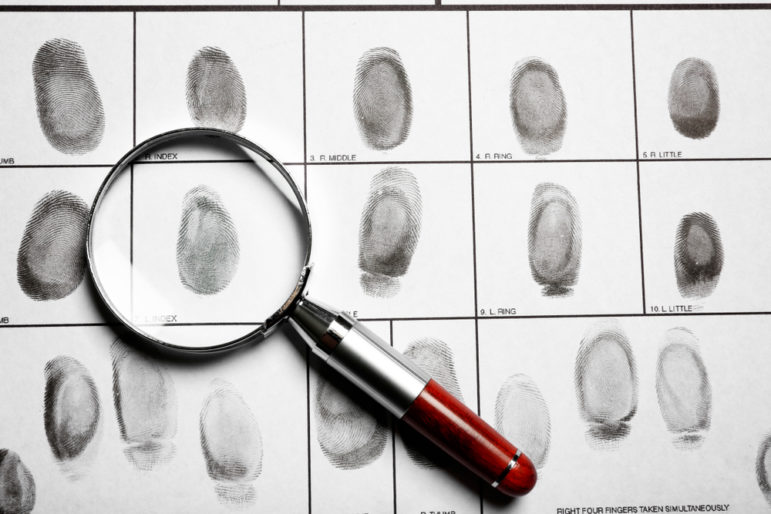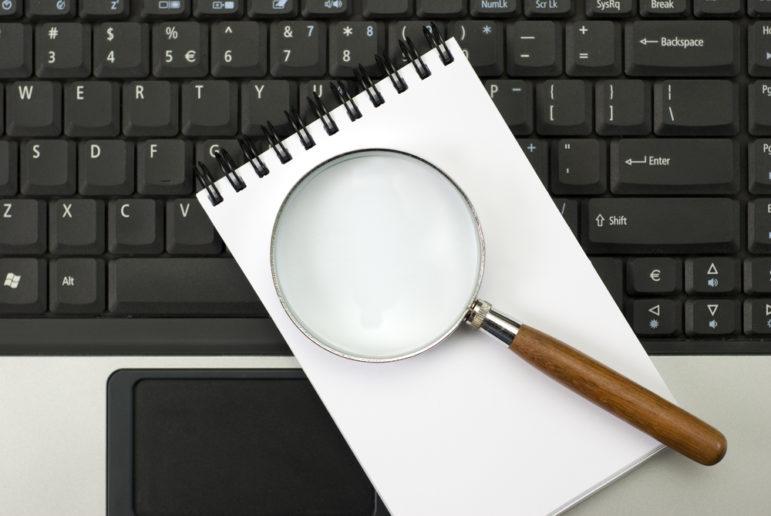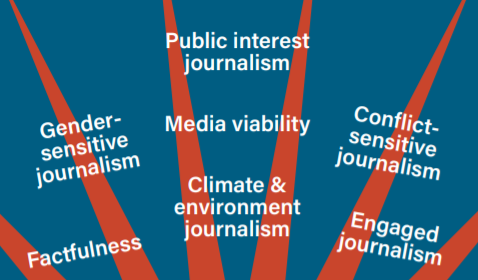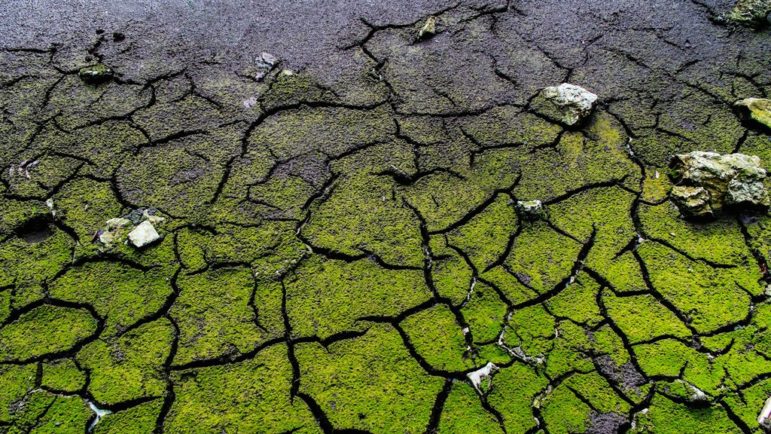Resource Tipsheet
Tips to Uncover the Spy Tech Your Government Buys
In June, a French court indicted executives from two surveillance companies on charges of complicity in torture in Libya and Egypt, following revelations by journalists about their alleged technology sales to repressive regimes. In a series of interviews, investigative reporters shared tips and tools that newsrooms around the world can use to uncover the spyware and monitoring systems their governments are buying.










